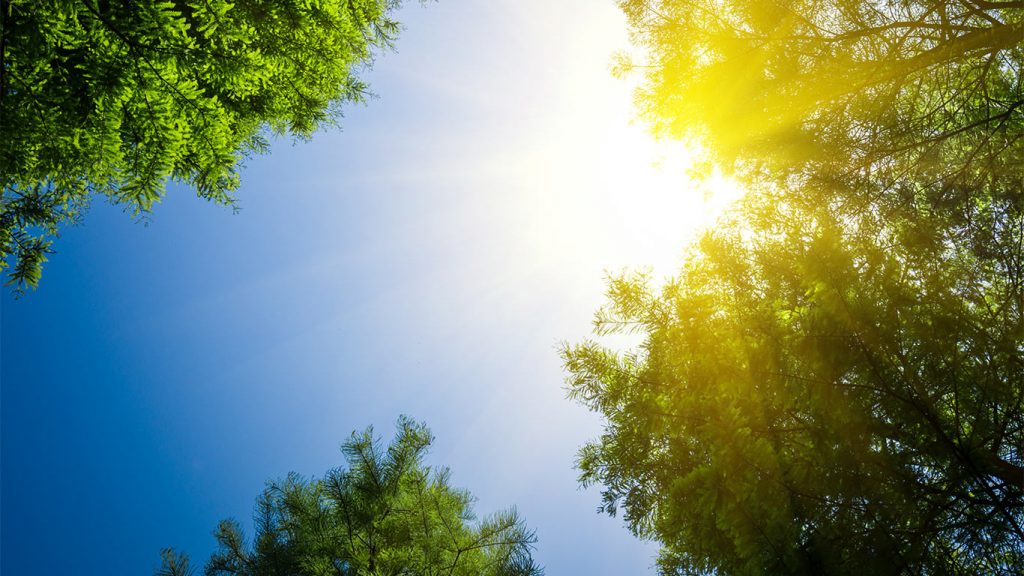Thecoachcompany.co.uk
Group Transport Specialists

Blog
- British citizens must obtain a New Zealand eTA before departure. The New Zealand eTA is valid for 2 years or until the passport’s expiry date, whichever comes first. Multiple trips to New Zealand can be made during this validity period. Each stay in New Zealand with an NZeTA must not exceed 6 months. The eTA costs NZ$23 -application online.
- In addition, there is an International Visitor Conservation and Tourism Levy of NZ$35.
- Passenger arrival card must be completed before The Immigration Check Point:
https://www.customs.govt.nz/globalassets/documents/forms/passenger-arrival-card-april-2022.pdf
- Customs control for restricted items:
https://www.customs.govt.nz/personal/prohibited-and-restricted-items/

CALL 111 IN AN EMERGENCY
-
For an emergency, call Triple One (111). You will then be directed to either the police, fire, or ambulance departments, depending on the emergency and the severity of the situation.
NZ IS A BIG COUNTRY
-
From Aukland heading south to Invercargill will take 23 hours driving a car – it’s 1629 kilometers. There are also many rules to adhere to when driving in NZ, it’s best to hire a minibus with a driver. Here is what you need to know:
- drive on the left side of the road in New Zealand
- many roads are hilly, narrow, and winding so some distances may take longer to drive than you expect
- some of our road rules may be different from what you’re used to, so take the time to understand them
- our speed signs are in kilometers per hour, not miles
- seatbelts are compulsory (front and back seats), as are child restraints
- it’s illegal to drive while using a hand-held mobile phone
- speeding and drunk driving can result in strict penalties from the New Zealand Police
Check out more information about driving in New Zealand and a useful video for visiting drivers.
GET TO KNOW THE CURRENCY
The New Zealand dollar: $, NZ$, NZD is the official currency. Introduced in 1967, the dollar is subdivided into 100 cents. Altogether it has five coins and five banknotes with the smallest being the 10-cent coin; smaller denominations have been discontinued due to inflation and production costs. In the context of currency trading, the New Zealand dollar is sometimes informally called the “Kiwi” or “Kiwi dollar”
BUDGETING ISN’T IMPORTANT
The average cost of living in New Zealand ($1669) is 7% less expensive than in the United Kingdom ($1804).
SHOW SOME RESPECT
For millennia, MÄori have been the tangata whenua, the indigenous people of Aotearoa. Arriving here from the Polynesian homeland of Hawaiki over 1,000 years ago, the great explorer Kupe, was the first MÄori to reach these lands.

WEAR YOUR SUNBLOCK
While the climate is variable, sunblock is needed everywhere. Even if you like to get a sun tan, don’t do it without smothering yourself in sunblock because New Zealand’s sun is harsh. With a thinner ozone layer, not only does NZ heat up very quickly, but the rays are also especially harmful to your skin. New Zealand now has the highest rate of melanoma skin cancer in the world – eclipsing Australia as the most dangerous place to be exposed to the sun.
NZ LOCALS - KIWIS - ARE HOSPITABLE
One of the best things about traveling is getting to know the locals. That means meeting some of the nicest, friendliest people around. Manaakitanga, which is a Maori word for hospitality, is seen as a sign of mutual respect for others – as such, hospitality and generosity are highly valued in New Zealand culture. Kiwis are a lovable bunch, they have an easygoing spirit, are quite humble people.
KIWI’S TIPPING ETIQUETTE
Tipping in New Zealand is considered a true “merit-based” system, as it is not necessary to tip at restaurants, hotels, bars, salons, or spas, as well as in a taxi unless the service exceeds all expectations. Employees in New Zealand typically earn a decent wage, so tipping is, in fact, a true sign of a job well done.
LOCAL FOOD NOT TO MISS
The Maori hangi is a traditional earth oven style of cooking. Now saved mainly for special occasions, foods cooked in a hÄngÄ« include chicken, pork, and mutton, as well as pumpkin, potato, and kumara (sweet potato). One of the best places to enjoy this cultural feast is on the north island at Rotorua, where you can also taste food that has been steam-cooked in naturally heated geothermal pools. You might also get to savour a delicious hÄngÄ«-steamed pudding for dessert.
Call it a ‘barbie’, barbeque, barbecue or BBQ – the act of cooking outside is an essential part of Kiwi culture. Lamb, beef, sausages, and poultry are usually barbecued at home in the backyard during the summer months. Potato salad, garlic bread, and fresh vegetable salads are also prepared. Then, family and friends come together to enjoy the meal together outside on the deck.
New Zealand has several world-class cheese companies, and we have our striving dairy industry to thank. But, its not just cows milk used to make artisan cheese. Sheep and goat milk cheeses are also common. Famous for blue cheese, sharp vintages, and creamy soft cheeses, Kapiti, Whitestone, and Puhoi Valley are New Zealand-made favourites.




